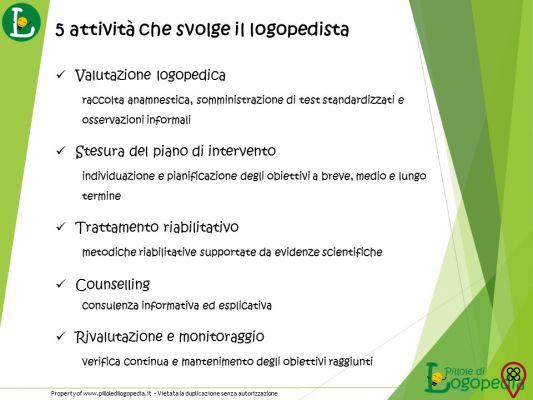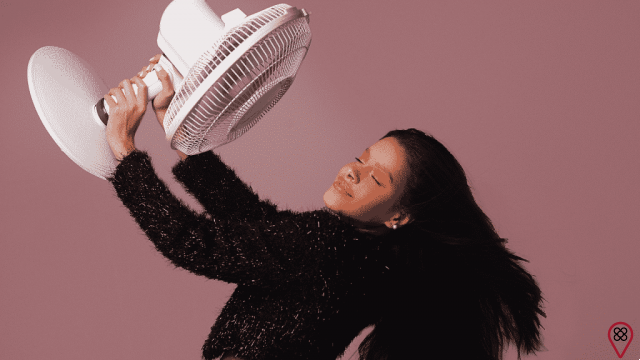The daily journey we face has become increasingly frantic, which ends up affecting our health as a whole, but mainly our mental health. First, the search for a doctor for an assertive diagnosis is essential, and psychological and psychiatric follow-up are essential. In these medical treatments, medications such as quetiapine are sometimes recommended and can help treat some psychiatric illnesses.
This and other drugs for the treatment of psychiatric diseases often raise some doubts. Given this, we want to inform you about quetiapine-related issues. After all, what does she do? How does she act? What are your contraindications? See below for more information about this medication.
After all, what is quetiapine?
Quetiapine is a substance that can act as a mood stabilizer and treat various psychiatric illnesses. Also known as quetiapine hemifumarate, the drug was developed by the AstraZeneca laboratory in 1985; however, it was only approved in 1997 in the United States, and in 2000 in Germany.
Like many drugs, quetiapine can be found in pharmacies and drugstores by different names such as: Quet, Kitapen, Quetipin, Atip, Seroquel, or by the generic name, quetiapine hemifumarate. It is sold in packs of 10, 15, 20 and 30 tablets, with 25 mg or 100 mg, and also in extended-release tablets with 50 mg, 200 mg and 300 mg.
The medication is derived from dibenzothiazepine and belongs to the group of antipsychotics, classified as an atypical antipsychotic. In several studies in the area, it showed results as effective as other established drugs on the market, such as haloperidol and chlorpromazine.
Quetiapine: what is this drug used for?
The drug improves symptoms of some mental disorders, so it is commonly indicated to treat bipolar disorder and schizophrenia. However, it can also act as a potentiator of antidepressants and help in the treatment of other psychiatric diseases, such as depression, anxiety and insomnia.
In cases of schizophrenia, the drug can be used by adults and children between 13 and 17 years old. In cases of bipolar disorder, it is indicated for adults and children aged 10 to 17 years. In the case of other diseases, in which the drug is used as an adjunct, the age of the patients may vary according to the symptoms.
The action of quetiapine in the brain
The compound's mechanism of action acts on different parts of the brain. When used for the treatment of schizophrenia and bipolarity, the active ingredient acts on the front, releasing dopamine, which results in mood stabilization, increased focus and decreased hallucinations.
On the other hand, when acting in the central region of the brain, the drug blocks dopamine, decreasing insomnia and excitability. In addition, the drug tends to bring more mood and cheer to users.
What are its possible side effects?
The most common adverse reactions are: increased cholesterol, increased triglycerides, dry mouth, drowsiness and dizziness. Other effects can be: tachycardia, palpitations, vomiting, blurred vision, constipation, irritability, increased appetite and nightmares.
Above all, it is essential that the doctor assess the health history of the patient and his family, so that possible pathologies, allergies and other health conditions are investigated. Side effects can be different for each person, and sometimes they may not even appear.
Contraindications and precautions to be taken
The drug is contraindicated for pregnant and lactating women and for people with a history of liver and heart diseases, with urinary retention and a propensity to glaucoma. In addition to observing this aspect, it is extremely important that age group indications are followed.
Caution is required when using the compound in patients who have:
- diabetes or disease propensity;
- infection symptoms;
- changes in triglyceride and cholesterol levels;
- cardiomyopathy and vascular disorders;
- apnea and risk of pneumonia;
- urinary retention;
- history of alcohol and drug abuse.
It is also necessary to study the interactions that the drug may have with other compounds and, if there is a need to take any other drug, consult the doctor. Some drugs (such as phenytoin, thioridazine, carbamazepine, ketoconazole, antifungals and others) require caution when using quetiapine.
Frequently Asked Questions
Does quetiapine help you sleep?
The drug can cause drowsiness and help with insomnia symptoms, however, its use is indicated for the treatment of schizophrenia and bipolar disorder. It should be used exclusively with medical indication and monitoring.

Does Quetiapine Cause Hallucinations?
No; on the contrary, the drug decreases hallucinations in patients with schizophrenia.
Is Quetiapine Used for Anxiety?
The compound alone does not treat the anxiety disorder; however, when combined with an antidepressant, it potentiates the action of the drug in the body.
Quetiapine and alcohol go together?
No! The consumption of alcohol while using quetiapine or other antipsychotics or antidepressants is extremely dangerous and harmful to treatment.
Self-medication is extremely contraindicated, dangerous, harmful to health and life. The use of quetiapine (or any other medication for psychological treatments) must be done under the recommendation and supervision of a doctor.
You might also like:
- Understand what bipolar disorder is
- Find out how schizophrenia affects so many people
- Learn all about overcoming emotional trauma
If you are experiencing problems and have identified that you suffer from any of the symptoms previously highlighted here, it is essential that you seek medical attention. The content explored here is intended to only inform about the properties of the drug and answer common questions. Going beyond that, see a doctor and seek help.

























